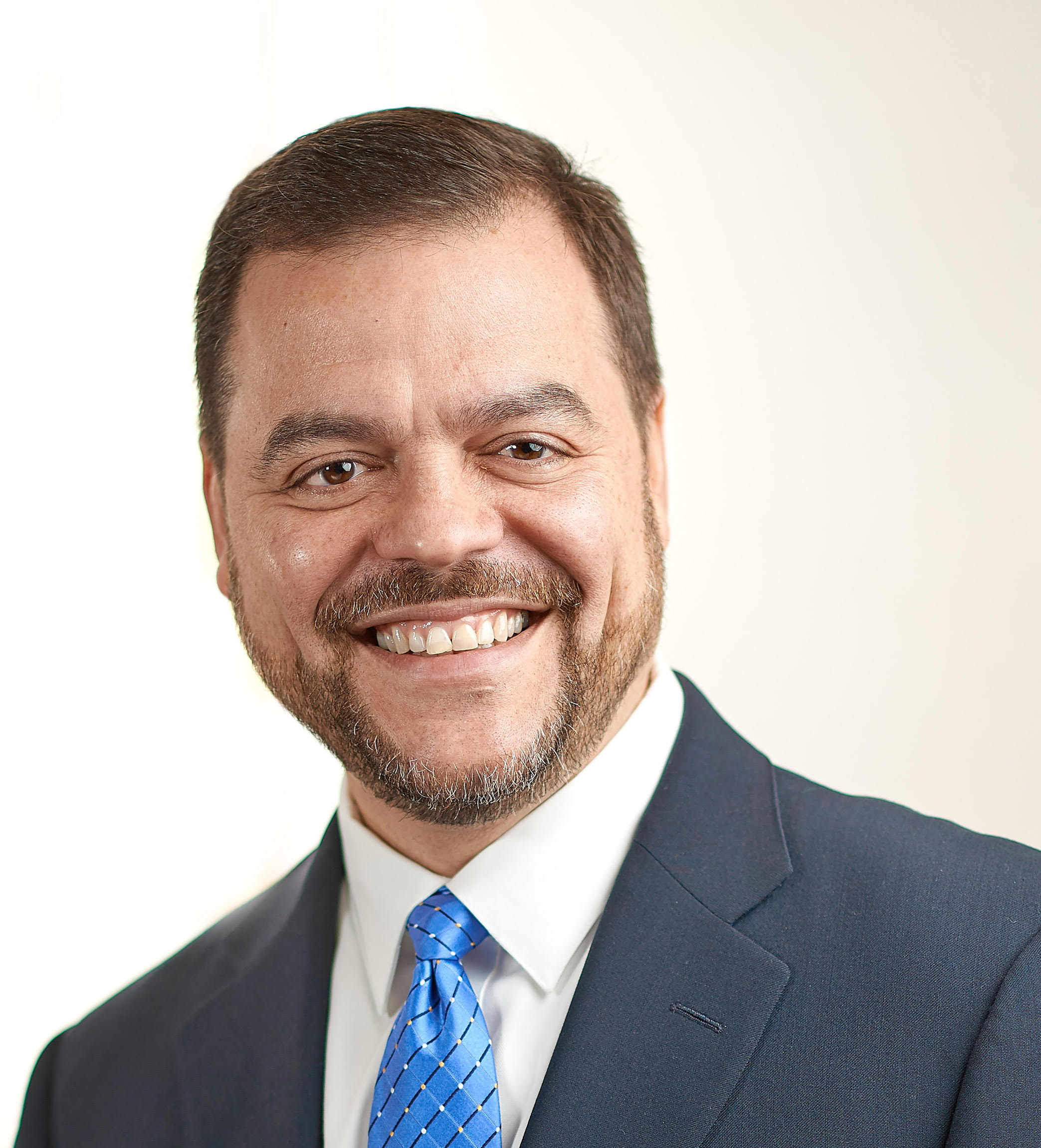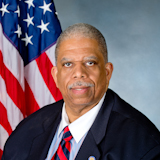|
Assembly Actions -
Lowercase Senate Actions - UPPERCASE |
|
|---|---|
| Jan 03, 2024 |
referred to crime victims, crime and correction |
| Feb 17, 2023 |
referred to crime victims, crime and correction |
Senate Bill S4920
2023-2024 Legislative Session
Sponsored By
(D) 32nd Senate District
Current Bill Status - In Senate Committee Crime Victims, Crime And Correction Committee
- Introduced
-
- In Committee Assembly
- In Committee Senate
-
- On Floor Calendar Assembly
- On Floor Calendar Senate
-
- Passed Assembly
- Passed Senate
- Delivered to Governor
- Signed By Governor
Actions
co-Sponsors
(D) 14th Senate District
2023-S4920 (ACTIVE) - Details
- Current Committee:
- Senate Crime Victims, Crime And Correction
- Law Section:
- Correction Law
- Laws Affected:
- Amd §851, Cor L; amd §60.04, Pen L
- Versions Introduced in Other Legislative Sessions:
-
2019-2020:
S4324
2021-2022: S2200
2023-S4920 (ACTIVE) - Sponsor Memo
BILL NUMBER: S4920
SPONSOR: SEPULVEDA
TITLE OF BILL:
An act to amend the correction law and the penal law, in relation to
temporary release eligibility for judicially-ordered comprehensive alco-
hol and substance abuse treatment
PURPOSE:
To permit inmates who are ordered by judges to attend comprehensive
alcohol and substance abuse treatment (CARAT) programs to complete the
program.
SUMMARY OF PROVISIONS:
Sections 1, 2 and 3 amend correction law g 851(2) to add inmates who
were judicially-ordered to CARAT to the definition of inmates eligible
for work release.
Section 4 amends section 60.04(6) of the penal law to provide that
2023-S4920 (ACTIVE) - Bill Text download pdf
S T A T E O F N E W Y O R K
________________________________________________________________________
4920
2023-2024 Regular Sessions
I N S E N A T E
February 17, 2023
___________
Introduced by Sen. SEPULVEDA -- read twice and ordered printed, and when
printed to be committed to the Committee on Crime Victims, Crime and
Correction
AN ACT to amend the correction law and the penal law, in relation to
temporary release eligibility for judicially-ordered comprehensive
alcohol and substance abuse treatment
THE PEOPLE OF THE STATE OF NEW YORK, REPRESENTED IN SENATE AND ASSEM-
BLY, DO ENACT AS FOLLOWS:
Section 1. Subdivision 2 of section 851 of the correction law, as
amended by section 228 of chapter 322 of the laws of 2021, is amended to
read as follows:
2. "Eligible incarcerated individual" means: a person confined in an
institution who is eligible for release on parole or who will become
eligible for release on parole or conditional release within two years
OR WHO HAS COMPLETED A JUDICIALLY-ORDERED SUBSTANCE ABUSE TREATMENT
PROGRAM IN A STATE CORRECTIONAL FACILITY PURSUANT TO SUBDIVISION SIX OF
SECTION 60.04 OF THE PENAL LAW. Provided, however, that a person under
sentence for an offense defined in paragraphs (a) and (b) of subdivision
one of section 70.02 of the penal law, where such offense involved the
use or threatened use of a deadly weapon or dangerous instrument shall
not be eligible to participate in a work release program until he or she
is eligible for release on parole or who will be eligible for release on
parole or conditional release within eighteen months. Provided, further,
however, that a person under a determinate sentence as a second felony
drug offender for a class B felony offense defined in article two
hundred twenty of the penal law, who was sentenced pursuant to section
70.70 of such law, shall not be eligible to participate in a temporary
release program until the time served under imprisonment for his or her
determinate sentence, including any jail time credited pursuant to the
provisions of article seventy of the penal law, shall be at least eigh-
teen months. In the case of a person serving an indeterminate sentence
EXPLANATION--Matter in ITALICS (underscored) is new; matter in brackets
[ ] is old law to be omitted.
LBD09366-01-3
Comments
Open Legislation is a forum for New York State legislation. All comments are subject to review and community moderation is encouraged.
Comments deemed off-topic, commercial, campaign-related, self-promotional; or that contain profanity, hate or toxic speech; or that link to sites outside of the nysenate.gov domain are not permitted, and will not be published. Attempts to intimidate and silence contributors or deliberately deceive the public, including excessive or extraneous posting/posts, or coordinated activity, are prohibited and may result in the temporary or permanent banning of the user. Comment moderation is generally performed Monday through Friday. By contributing or voting you agree to the Terms of Participation and verify you are over 13.
Create an account. An account allows you to sign petitions with a single click, officially support or oppose key legislation, and follow issues, committees, and bills that matter to you. When you create an account, you agree to this platform's terms of participation.

